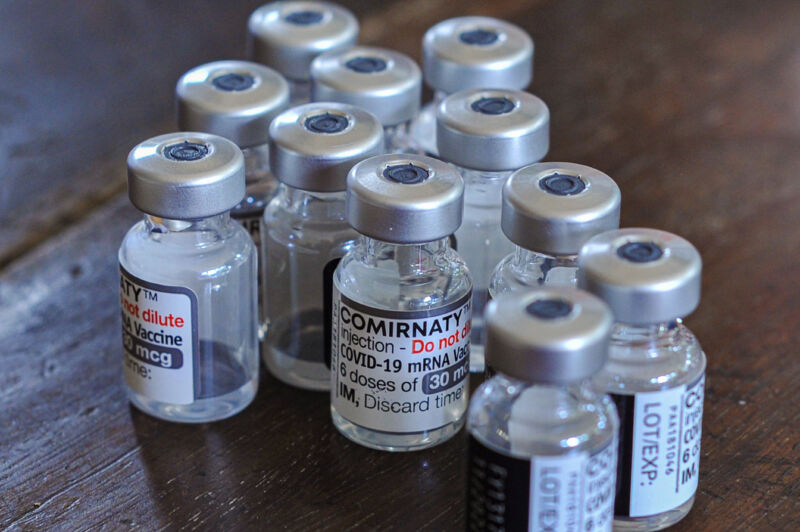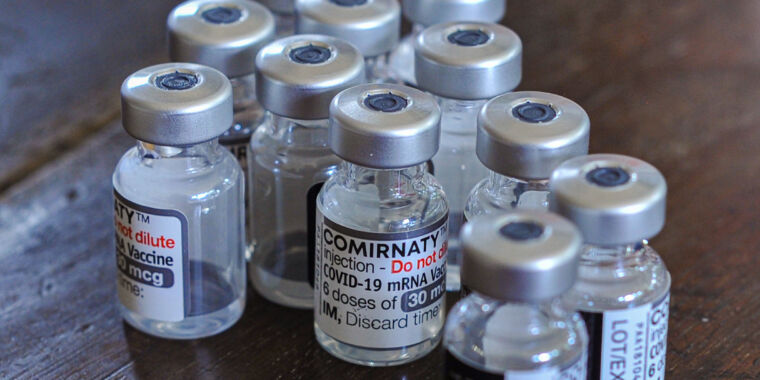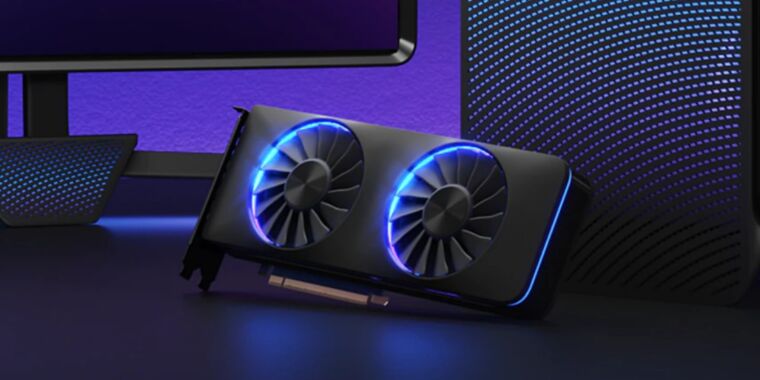
The new bivalent COVID-19 booster spurred neutralizing antibody levels that were fourfold higher against the omicron subvariants BA.4/BA.5 in older adults than those seen after the original booster, Pfizer reported Friday.
The new data may help calm concerns about whether the updated booster is an improvement over the previous booster. But the fall booster campaign—aimed at preventing another devastating winter wave—still faces considerable challenges. For one thing, a shockingly low number of Americans are rolling up their sleeves to get the shot.
Better boost
Experts all agree that the new booster shot, like the old one, will revive waning immune responses to SARS-CoV-2 and provide strong protection from severe COVID-19. But some experts have expressed skepticism about whether the updated bivalent booster—which in part targets omicron subvariants BA.4/BA.5—will offer a clinically meaningful advantage over the previous booster in preventing mild infections against the subvariant.
The new data released by Pfizer and partner BioNtech today doesn’t directly address that question—it only presents data on antibody levels, not data on whether bivalent-boosted people were less likely to get infected with SARS-CoV-2 than people given the old booster. However, a fourfold increase in neutralizing antibodies is impressive—and thought to represent a clinically meaningful difference in protection.
“Fourfold is usually the magical cutoff for a lot of us when we look at neutralization. Fourfold seems to mean something,” Florian Krammer, a vaccinologist at Mount Sinai School of Medicine in Manhattan, told Stat News.
For their analysis, Pfizer and BioNTech compared antibody levels in adults older than 55 who received a fourth dose of either the new bivalent vaccine (36 participants) or the original booster vaccine (40 participants). The companies looked at antibody levels just before the booster and a month afterward. The two groups had similar, stratified blends of people who had evidence of a past SARS-CoV-2 infection and those who did not.
At the outset, the two groups had similar antibody levels. But a month after the booster, they diverged. Participants who received the bivalent booster saw their levels of neutralizing antibodies against BA.4/BA.5 rise 13.4-fold, while participants boosted with the original booster only saw a 2.9-fold rise in antibodies against BA.4/BA.5.
The companies also noted that a group of 38 participants from ages 18 to 55 saw a 9.5-fold rise in antibodies against BA.4/BA.5. However, they didn’t report comparator data of people in this age group who were given the original booster.
Last, the companies reported that the biggest gains in neutralizing antibody levels were seen in participants without prior infection.
Challenges
“These data demonstrate that our BA.4/BA.5-adapted bivalent vaccine works as conceptually planned in providing stronger protection against the omicron BA.4 and BA.5 sublineages,” BioNTech CEO Ugur Sahin said in a statement.
But the booster still faces challenges, including that BA.5 is on the decline. This week the long-reigning subvariant slipped further, accounting for 39 percent of cases in the US, according to the latest surveillance data from the Centers for Disease Control and Prevention. BA.5 sublineage BQ.1 and BQ.1.1 are on the rise and poised to become dominant in the coming weeks. Currently, they account for 16.5 percent and 19 percent of US cases, respectively.
It’s unclear how the booster will fare against the new, BA-5-related sublineages. But, preliminary data suggests it still may outperform the original booster in terms of antibody levels.
Nevertheless, the booster will only have a chance to realize its potential if people get it. Currently, only 8.4 percent of people eligible to get the bivalent booster (which is everyone ages 5 and older) have gotten the shot, the CDC reports.
“As we head into the holiday season, we hope these updated data will encourage people to seek out a COVID-19 bivalent booster as soon as they are eligible in order to maintain high levels of protection against the widely circulating Omicron BA.4 and BA.5 sublineages,” Pfizer CEO Albert Bourla said.








